This is How Billions Are Made (Japan WUT? Blog #5)
WeWork was supposed to be the new office. Scalability! Networking! Free Beer! There was even talk of an artificial intelligence system that could act as a networker and link engineers with design teams based on individual workloads. WeWork was supposed to be a graph: A graph that you wanna get.
In addition there was a promise of an Internet of Things system that would predict office needs by using sensors with big data to self-design office space based on usability. The company boomed worldwide and became quite popular in Tokyo, climbing to 28 locations in 2020.
The idea appealed to me as the business model meant a significant reduction of middle management. WeWork was going to offer an Initial Public Offering valued in the $40 billion USD range. People were set to make bank and transform the Office Space culture of the Office.
Milton was just about ready to throw his stapler out the window. Steve Carrol perhaps had ideas for a spinoff. WeWere all about to jizz in our pants.
Turned out WeWork was kind of a sham. They had the office space, the payment plans, but the mysterious AI and IoT, while did exist on paper, failed to bring the rubber to the road and have the investors race down the highway to the liberal billionaires club where they could spend their days virtue signaling on Twitter.
At the beginning of 2019, WeWork had a $40 billion valuation thereabouts, and in June 2020, it was hovering around $3.5 billion. Still doing pretty good, but the would be billionaires that had attached their efforts into the rich-person's sunset are most likely ejecting in crazy numbers. At the end of2019, WeWork cut around 20% of its workforce.
I was disappointed because I thought the problems that WeWork were trying to solve made a lot of sense on paper. While on one hand we need a certain amount of middle-management, on the other hand developed nations have a massive middle management glut problem. I think that 90% of middle managers never wanted to become middle managers, and of those 90%, 99% of them don't make great middle managers. Many of them want to open their 10th floor window and jump to their deaths, knowing they will never climb to the top. Most don’t because they have families and want to milk the company for all they can.
The proud, capable, motivated middle-manager is someone to cherish and behold.
So the WeWork bubble popped. When a whale dies and sinks to the bottom of the ocean it attracts a lot of bottom feeders for a long-period of time, and everyone feeding on the rotting whale carcass agrees that it's awesome.
While the scuttlebutt around the whisperers and hopefuls decry that WeWork may help offices and businesses post-COVID-19, WeWork may have to deal with a completely free and very usable tool: ZOOM.
ZOOM provides high-quality video and audio, digital whiteboards, and with existing business mobile infrastructure such as smartphones, laptops, and tablets, it provides more access for remote groups to share information across a wider field of candidates during a meeting.
Need an interpreter? A smartphone with a pair of earbuds can provide live interpretation without the need for travel. In a presentation involving several people, the attendees not presenting can message and confirm details with each other without interrupting, thus bolstering their performance in front of a high-level sales meeting. It's potentially millions of dollars for free.
ZOOM meetings also open up the idea of digital avatars, so that a more professional you can be displayed via AI camera installed on your laptop. You are in your PJs drinking a beer in your home, but your digital avatar is wearing a 10-piece suit in a spacecraft drinking a $1000 cup of coffee from Zaltron 4. There is even talk of putting your digital avatar on a Blockchain to prevent others from abusing your digital you.
There are some backsides: ZOOM did close a video conference amongst some Chinese dissidents, and others have raised the issue about the locations of the servers and is most of COVID-19 ZOOM Meetings data being vacuumed into some mysterious Chinese AI-Fueled dragnet?
Worthy questions, but there are short-term gains to be made!
As more and more companies move to a digital meeting paradigm, I expect office sharing to take more of a backseat.
So in future you may be in a ZOOM meeting while your blockchain-encrypted espresso-drinking digital avatar covers your ass as you pound back a few afternoon margaritas in your PJs at home during an online conference call hosted by ZOOM which uses WeWork as a scalable, highly flexible server zone to feed all of the office meeting data to secretive Chinese companies hiding behind the Great Firewall.
This is how billions are made.

